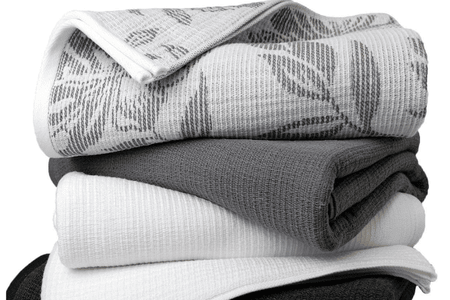
Maharashtra’s new textile policy to attract Rs 360bn investment
YarnsandFibers News Bureau 2018-03-06 11:00:00 – MumbaiThe government in Maharashtra’s new textile policy to help restore it’s place as a prime hub eroded over recent years. The state government has decided to offer a primary capital subsidy of 25-40 percent across the value chain. Also, area-wise and sector-specific incentives, such as 10 percent of additional subsidy and lower electricity rates for setting up units across under-developed regions.
The new textile incentive has attracted investment commitments of Rs 360 billion, compared to Rs 200 billion assured for the neigbouring state of Gujarat, a ready alternative for manufacturers.
Atul Patne, secretary (textiles) said that they are confident of Maharashtra attracting massive investment in the sector. The state produces 8.2 million bales (170 kg each) of cotton, of which only a fourth is consumed within the state. The remaining quantity is supplied to spinning mills in other states. By contrast, Tamil Nadu produces only 0.5 mn bales of cotton but processes around 10.5 mn bales, by procuring the fibre from other states because of cheaper electricity.
They want the remaining three-fourth of unprocessed cotton to be processed within the state, for which the state government have offered an electricity rate lower by Rs 2-3 a unit. In addition, capital subsidy for setting up a plant and machinery across the value chain.
Apart from the conventional textile business, the government has also offered incentives for pollution-free and eco-friendly dyeing and processing plants. Non-conventional yarn like bamboo, banana, ghaypat, ambadi, coir and maize has also been identified for incentives to make yarn. It has also offered to set up a textiles university and a Textiles Development Fund with initial corpus of Rs 300-400 crore.
Rahul Mehta, president, Clothing Manufacturers Association of India said that Gujarat, Andhra, Telanagana and Jharkhand are among those states which offer wage incentives for new textile units. These go up to Rs 5,500 a month for skilled workers. For garment units, cost of production and viability remain a major concern. With wage incentives, the cost of production declines; there is no mention of this in Maharashtra's policy. Hence, garmenting units would find Gujarat a preferred destination.
Market Intelligence
Ask for free sample Report

experience
Customer Base
dedicated team
Countries Served Worldwide









